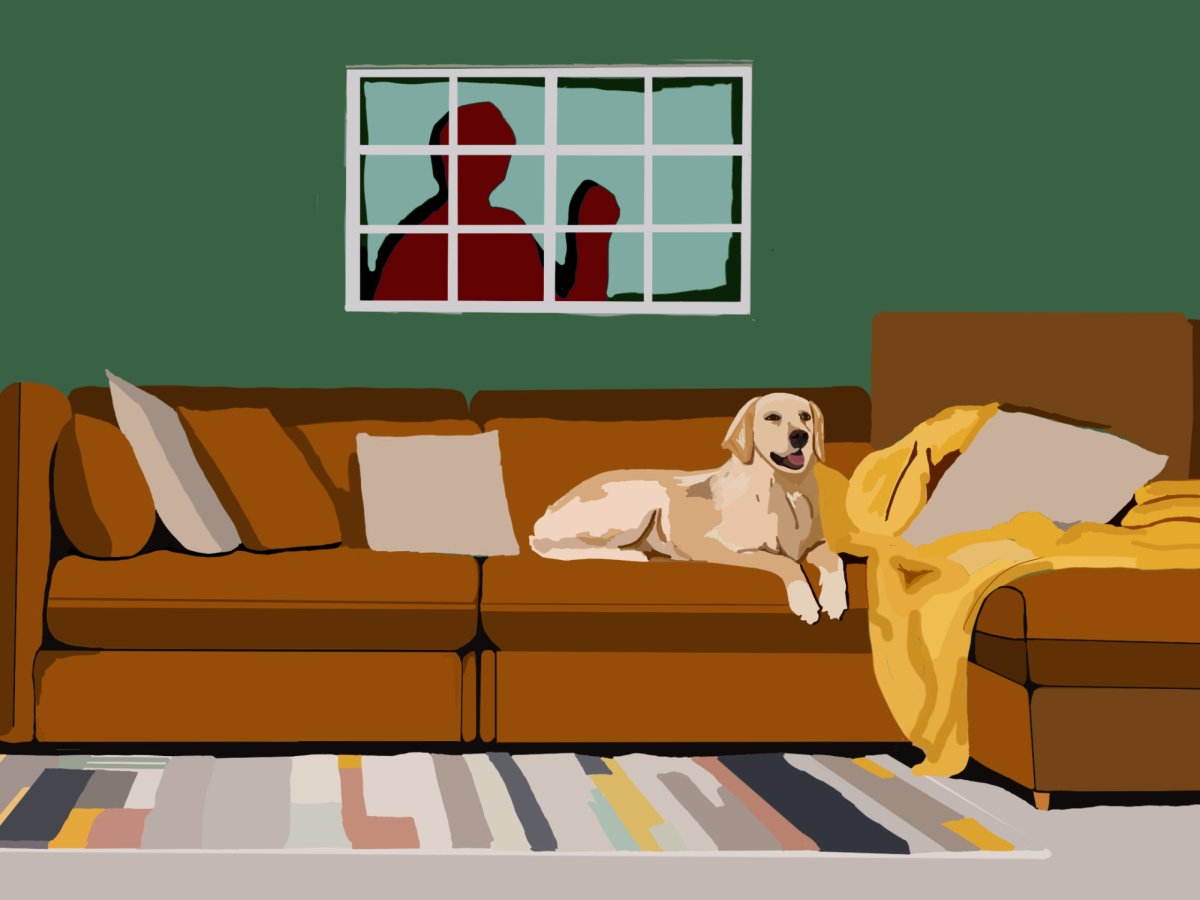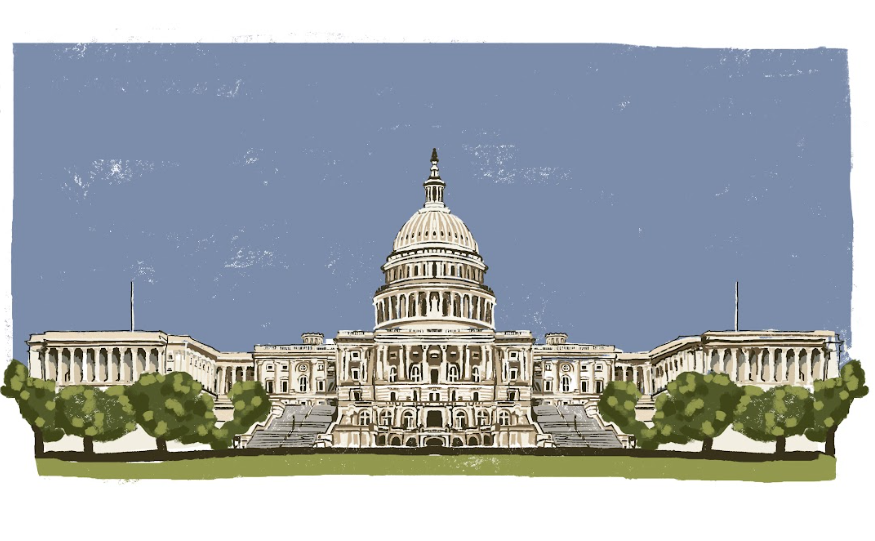According to the Texas Tribune, state Rep. Matt Shaheen (R-Plano) wrote the animal possession ban, House Bill (HB) 598, to make it illegal for convicted animal cruelty offenders to own a pet for five years after their first offense. This bill aims to block convicted animal cruelty offenders involved in dogfighting operations or offenders found guilty of abusing animals under the Texas penal code or any other similar state penal code at the federal level.
However, this bill does not block convicted animal cruelty offenders from living in the same household with animals. K-Ten News stated, “Under the new law, offenders will still be able to live in the same house with animals, but if caught owning an animal during the five years, the offender could be charged with a Class C misdemeanor and a $500 fine.” Shaheen went on to say that assistance animals, such as service animals, would still not be legal to own, under any circumstances, by convicted animal cruelty offenders within that five-year sentence.
Executive member of the Texas Humane Legislation Network, Shelby Bobosky, explains the importance of the bill, “In many cases of animal cruelty, perpetrators are likely to recommit an offense, sometimes immediately after their last criminal case’s conclusion,” which is why the five-year time frame of offenders not having pets is so essential. “Possession bans are one of the most effective ways to ensure that a person convicted of animal cruelty does not re-offend,” Bobosky continues.
While most Texans see HB 598 as a giant step in the right direction, others think animal cruelty convictions should equate to more severe legal consequences. One of those seeking more strict consequences is Wayne Pacelle, founder and president of Washington, D.C.-based Animal Wellness Action, who believes that “possessing a pet or other animal in the household or on their property is a privilege and not a right.” Many animal activists are questioning why convicted animal cruelty offenders would still be legally allowed to live in the same household as an animal because it still grants the offender unsupervised access to the animal in the household.
In an interview with the Chron, Pacelle has observed in his experiences that animal cruelty is an indication of “a broader loss of empathy for others” and that convicted animal cruelty offenders should require “post-conviction attention from law enforcement.” This impactful statement comes partially in response to cases such as the Uvalde gunman, who just a year prior to the Uvalde school shooting “shared a video online showing him driving around with someone he said he had met online, holding a clear plastic bag with a dead cat inside.” The Texas Tribune further states that “despite all the threats and violent talk, none of his online behavior was reported to law enforcement.”
Law enforcement in Texas should be taking devastating tragedies such as the Uvalde shooting into account when enacting all of their laws, in hopes of minimizing the tragedies. Those who participate in violent acts against animals should be taken with the same seriousness as violence against humans, because animals possess the same characteristics of empathy, pain, love and loyalty that humans can possess, and abuse exemplifies cruelty and the same loss of empathy as it takes to abuse humans.










